When you’ve got places to be, but a car that won’t budge, it leads to some strong feelings of frustration — and confusion! Your next question is probably, “is it the battery, starter, or alternator?”
With all three having the ability to cause your engine not to start, 1/3 isn’t seeming like good odds anymore. A little knowledge can go a long way in helping you diagnose the issue (and how much effort it will be to get your car going again).
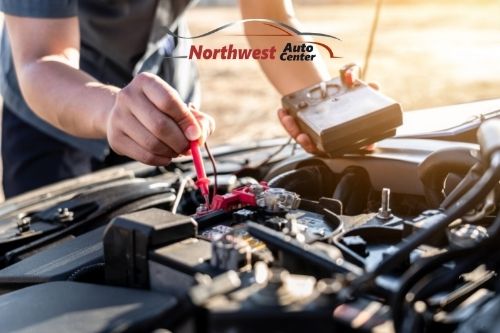
Car Parts 101 – The Battery, The Starter, and The Alternator
While the three parts work in tandem to get your car moving, they all have separate (but equally important) roles.
Car Battery
Your vehicle’s battery is the first spark that ignites the engine into action. Once the ignition switch is engaged (either by turning the key or pressing the start button), the battery sends voltage to the starter to help it get the gears turning.
It also lets you crank the tunes without having your car running — just don’t charge your phone, leave the lights on, or have music playing for too long without the engine running…
Car Starter
Next in the lineup is the starter. Taking the voltage from the battery, the starter is what gets the gears turning and engine cranking. It’s responsible for “turning over” the engine fast enough (usually about 400 rpm), so the computer can “see it” and then can control fuel and spark at the right times in order to have the engine start.
Vehicle Alternator
Once moving, your alternator charges your battery and powers your car’s electrical system (from headlights to the radio). Without the alternator, your car’s battery would never charge back up for the next time you start your vehicle. Or the engine may stall and not be able to restart because of low battery voltage.
So, is it the Battery, Starter, or Alternator that’s Keeping You from Moving?
The most common reason for a car that won’t start is a dead battery. If no lights illuminate when opening your car door and absolutely nothing happens when turning the key, the battery is the most likely culprit. BUT, poor/bad connections between battery cables and battery terminals can also cause the aforementioned condition. A large voltage drop (anything more than .25 volts) between battery cables and battery terminals can also cause a myriad of problems. For that matter, any excessive voltage drop in the positive or ground circuitry of a vehicle can cause grief.
With the shortest lifespan of the three (2-3 years of normal use), it’s a problem most drivers will encounter at some point. Luckily, it’s an easy solution! Get a jump and pick up a new battery (easy to pick up from your local auto parts store and easily installed; most vehicles). Just make sure you buy a quality battery!!
If your battery is relatively new and you didn’t leave any electronics overnight, a dead battery may signify a bad alternator. Keep an eye out for other signs of a dying alternator like dim lights while driving, dashboard warning lights, brighter lights when revving the engine, or an engine that dies after starting. (If the alternator is not producing the proper voltage and amperage, it can’t charge the battery properly).
The last option is the starter. One sign of a bad starter may be, you hear a clicking sound when you turn the key or press the start button, especially if you can turn the lights inside the vehicle on.
With any of the aforementioned problems, we recommend having the electrical system tested by a qualified shop. Many electrical problems can be misdiagnosed if not tested properly.
Get Your Vehicle Moving Again
Northwest Auto Center of Houston can get you moving again, whether it’s the battery, starter, or alternator — we’ve got you covered! We are always here to help you!

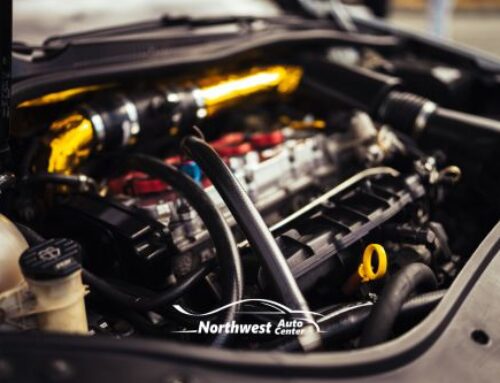
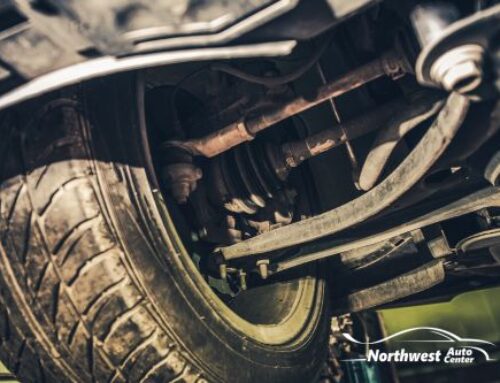
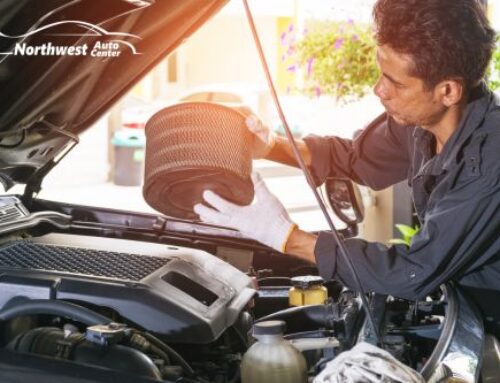
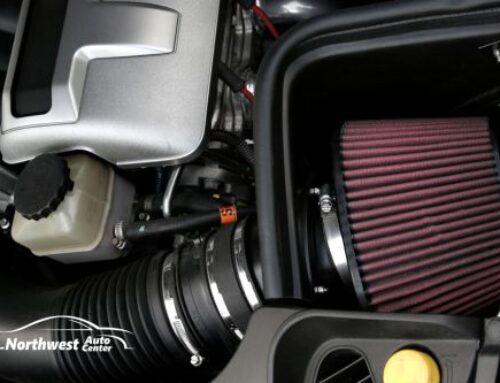
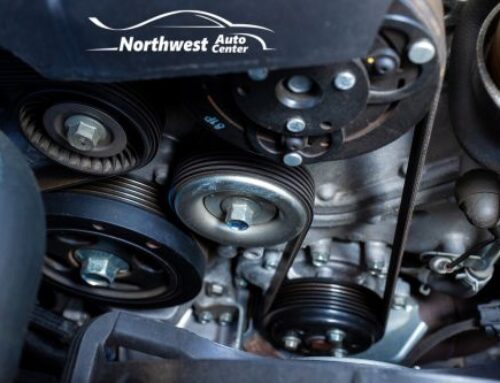
Leave A Comment
You must be logged in to post a comment.